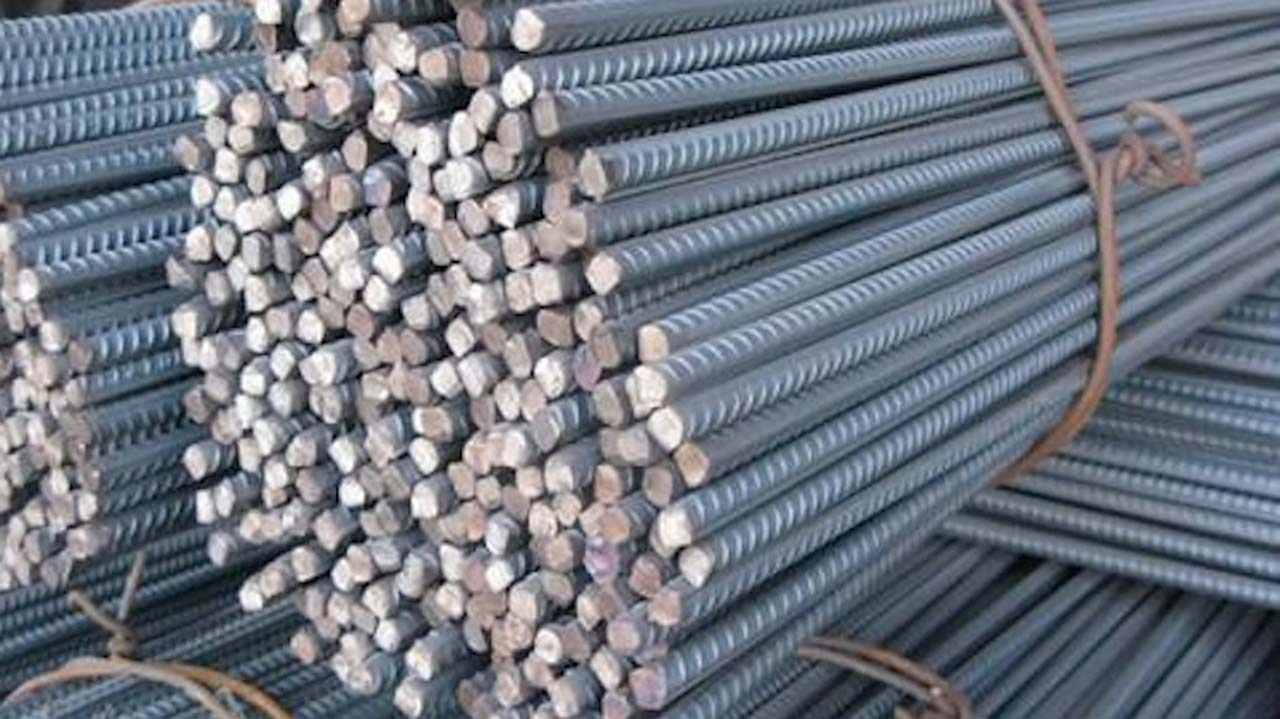Price of 16mm iron rod in Ghana

From the gleaming skyscrapers of Accra to the cozy mudbrick homes in Tamale, iron rods are the unseen backbone of construction projects across Ghana. Look closely at any new building going up, whether a small hair salon or expansive apartment complex, and you’ll glimpse the webbed lattice of iron rebar tucked inside columns, beams, and slabs.
These essential steel bars provide the structural reinforcement that enables concrete to bear immense weight and stress. Without the strength of iron rods seamlessly integrated into concrete elements, Ghana’s ubiquitous multi-story buildings would not be possible.
Yet, most Ghanaians pay little mind to the miles of smooth 16mm iron rod lying in wait at construction sites across the country. For contractors, engineers, and builders, however, understanding the current price point for this fundamental material is a vital part of informing budgets and decisions.
This overview aims to provide that practical pricing information for 16mm deformed iron bar, analyzing trends from wholesalers and retailers accessible to building professionals and home DIYers alike.
By illuminating the unseen role of iron rods in Ghanaian construction and reporting the latest cost factors, this article intends to offer useful insights to inform planning and purchasing for projects both large and small.
Price of 16mm iron rod in Ghana
The price of iron rods in Ghana can vary depending on the type of rod, the size of the rod, and the supplier. The prices listed below are a good starting point for estimating the cost of 16mm iron rods in Ghana.
- Ordinary 16mm iron rod is around GHS 5,450 per ton.
- Standard 16mm iron rod is around GHS 6,400 per ton.
- High tensile 16mm iron rod is around GHS 9,800 per ton.
Factors affecting the price of 16mm iron rod in Ghana
1. Raw material costs and Regional variability
Prices are influenced by fluctuating global scrap metal and iron ore expenses which affect how much manufacturers pay for steel inputs. Transportation challenges and proximity to ports can cause pricing differences between regions based on local supply and demand.
2. Energy and production
Manufacturing 16mm rebar is an energy-intensive process. Production costs at plants, often powered by electricity or natural gas, contribute to pricing.
3. Transportation fees
Moving rebar from factory to supplier/distributor adds to costs, especially for imported materials. Ghana’s road infrastructure also plays a role.
4. Wholesaler margins and Market demand
- Advertisement -
Distributors and suppliers tack on profit margins when selling rebar to retailers, driving up end prices. Negotiation can impact margins. Booming construction sector and rapidly expanding building projects sustain demand for rebar, allowing suppliers to attach premium pricing.
Conclusion
The price of 16mm rebar, like any commodity, is the product of a complex interplay between supply and demand. As Ghana’s construction boom continues, the demand for reinforcing bar is projected to stay robust.
Understanding the myriad factors at work will enable smart procurement decisions and reliable forecasting around this fundamental building component.


